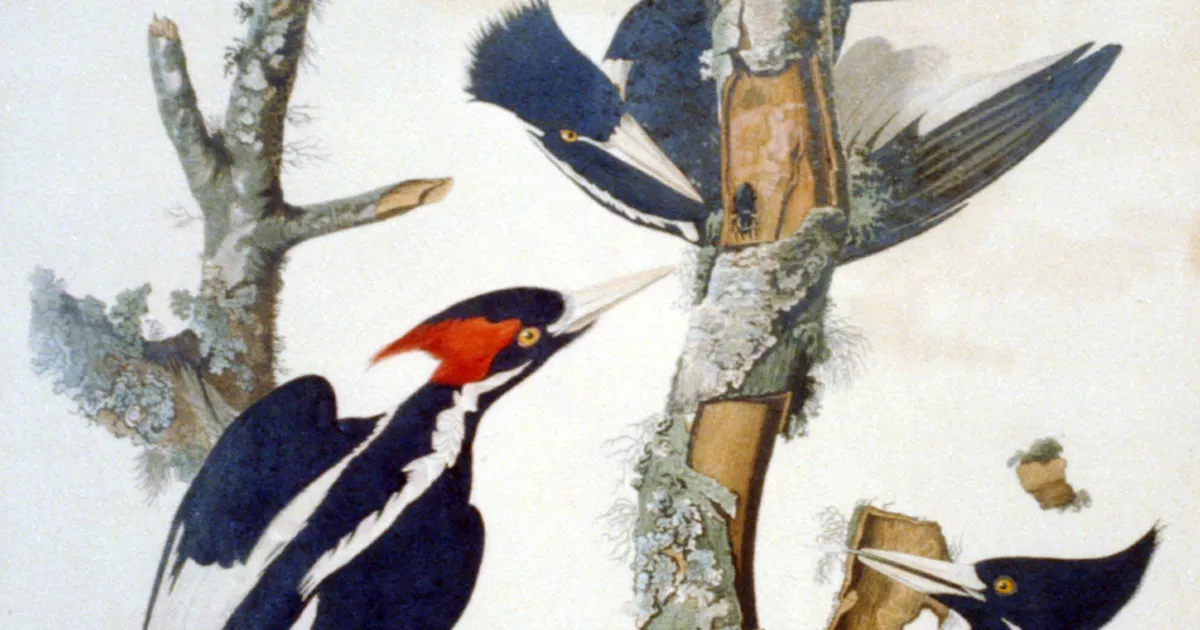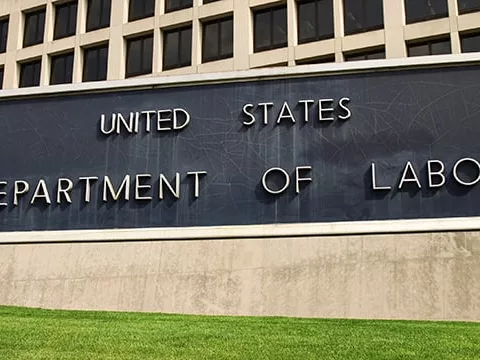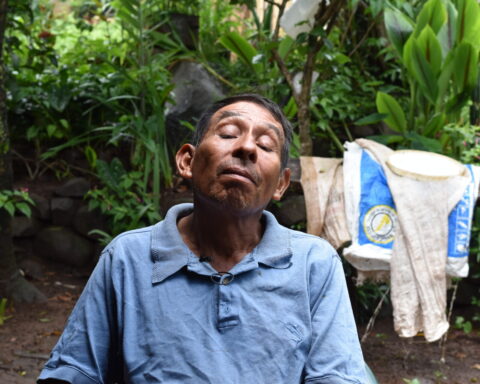It’s a bitter moment when the US Fish & Wildlife Service proposes delisting animals and plants from the Endangered Species Act because they can no longer be found. It means that officials are calling off the search and that the creatures are thought to be beyond saving.
The ivory-billed woodpecker, whose last confirmed sighting was nearly 80 years ago, is one of 23 federally protected species that would be officially declared extinct – the most ever at one time – under a U.S. government proposal announced on Wednesday.
Although the woodpecker and some of the other creatures proposed for removal from the U.S. endangered species list have been functionally extinct for decades, scientists have warned that human-caused climate change and habitat destruction could make such disappearances more common.
The ivory-billed woodpecker was once the country’s largest bird of its kind. The last confirmed sighting in the US was in 1944 in Louisiana. The Fish & Wildlife Service traces the woodpecker’s extinction to loss of forest habitat and to collection of the birds by humans. Bachman’s warbler was a small songbird with a yellow belly that was last seen in the US in 1962.
Eleven of the 23 species are from Hawaii and Guam, “many of which had striking characteristics, such as the long curved beaks of the Kauai akialoa and nukupu’u, the haunting call of the Kauai ‘o’o, and the brilliant colors of the Maui akepa and Molokai creeper,” the Fish & Wildlife Service said. One of those birds, Kauai nukupu’u, was last seen in Hawaii in 1899.
The agency is seeking comments from the public on the proposal to delist the species, which include the ivory-billed woodpecker, Bachman’s warbler, eight species of freshwater mussels, eight birds from Hawaii, a flowering plant and the Little Mariana fruit bat that once lived in Guam.
“With climate change and natural area loss pushing more and more species to the brink, now is the time to lift up proactive, collaborative, and innovative efforts to save America’s wildlife,” US Secretary of the Interior Deb Haaland said in a statement.






